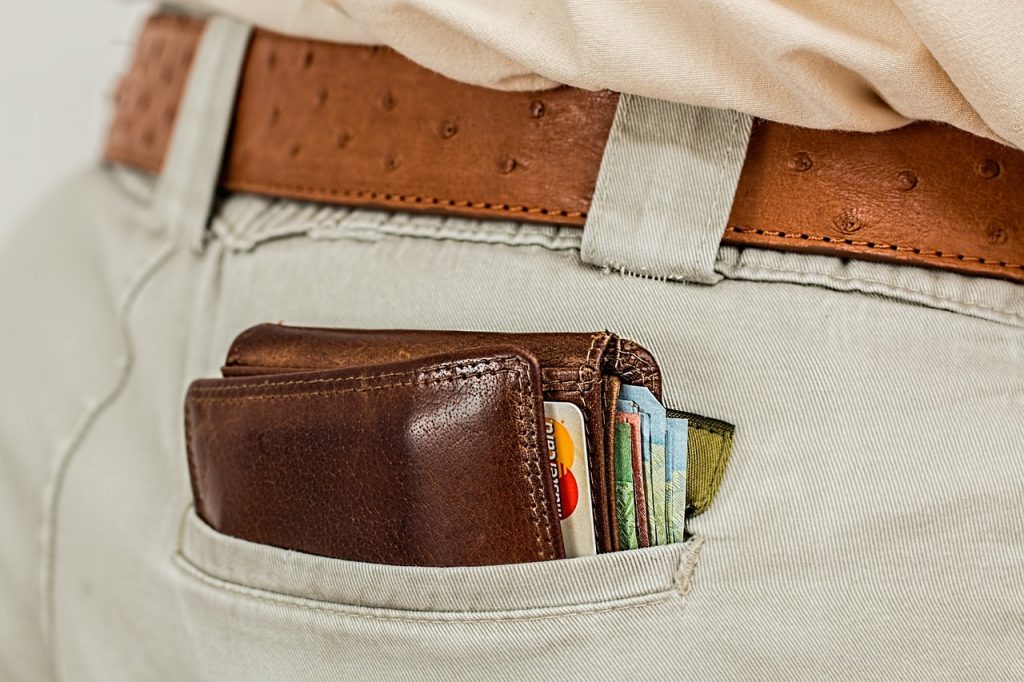A recent Forbes article discusses some of the opposing forces that consumers faced in 2022, including high savings driven by government stimulus versus the high inflation that dug into both wage gains and savings; the low unemployment versus tech hiring freezes and layoffs; and high home values versus increasing interest rates.
Every factor that could have helped consumers gain confidence post-pandemic seemed to have an opposing force ready to counter that confidence.
Entering 2023, the Forbes article attempts to figure out what consumer behavior will be like and how it will impact retail and the larger economy, by examining how consumers exited 2022 and whether the oppositional forces they encountered last year will continue to shape consumer confidence and spending.
There are four major questions on which consumer behavior is most probably dependent:
Will there be a recession?
Preliminary spending data from Mastercard, which tracked Holiday 2022 (defined as November 1 through December 24), indicates that consumer spending was up 7.6%, averaged across both online and stores, and not accounting for inflation. That last part is key, as inflation was still running around 8% in November and December, so the next impact is closer to flat year-over-year spending, if not slightly down.
Consumer confidence was up in December 2022, according to Conference Board’s index, but consumers’ confidence in the current situation has been higher than their confidence in the future since early 2021.
Inflation – a key driver of how much disposable income consumers really have – is forecasted by Euromonitor to have peaked in 2022. The drivers of inflation in the US are different than they are in the UK and Eurozone countries, which means the US is likely to see lower inflation than those economies in 2023, but any easing of inflation is going to help consumers realize more spending power.
Overall, it appears that consumers will have less disposable income to spend, and a bigger holiday spending hangover going into 2023. Whether that translates into lower spending depends on the second half of consumers’ economic situation – employment and wages.
Will I have a (good) job?
December’s consumer confidence index from the Conference Board included employment expectations and all signs there reflect that employment confidence. More consumers indicated that the economy is good and jobs are plentiful than did so in November, and fewer consumers indicated that the economy is bad or that jobs are hard to find.
There is still some underlying worry about jobs, though.
Forbes.com, Nikki Baird
